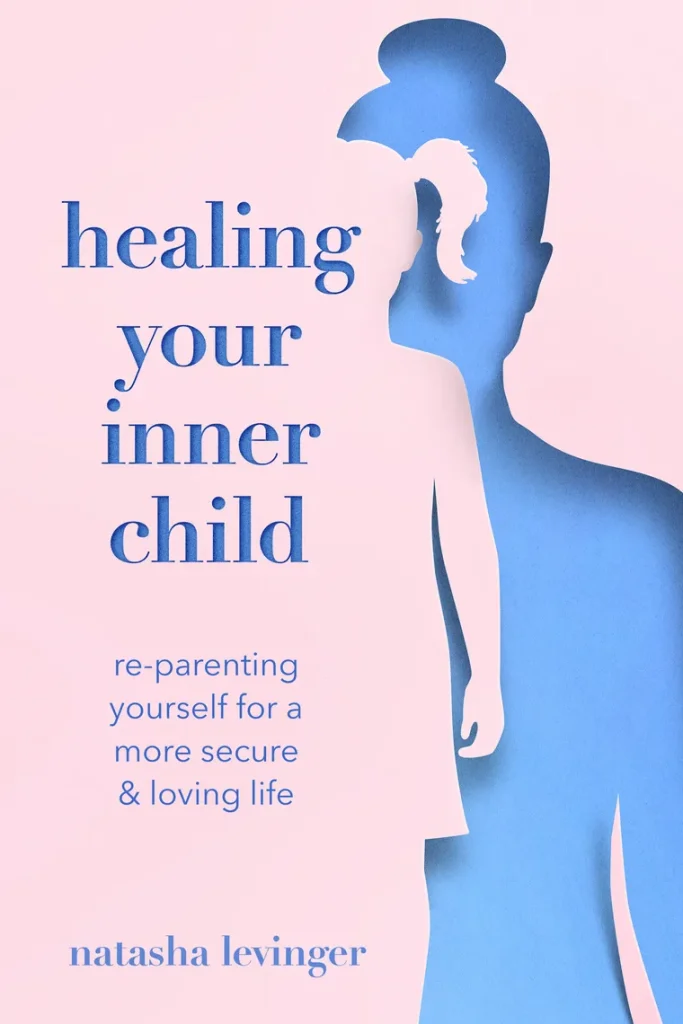The journey to health is often paved with challenges, but the process of overcoming illness and rebuilding your life is as much about the environment and attitude as it is about medical treatments. Home healing is a multifaceted approach, where the body and mind synergize for a holistic recovery. It requires thoughtfully adopting strategies that encompass physical, nutritional, and mental health practices. Below, we explore the ways you can transform your home into a sanctuary for healing, focusing on the significance of a positive mindset, the benefits of an optimized personal space, crucial dietary adjustments, the importance of physical activity, and the integration of mindfulness into your routine. Keep reading to embark on your path to recovery and wellness.
Nutritional Strategies to Aid in Illness Recovery
Proper nutrition is essential for recovery from illness. A diet rich in vitamins, minerals, and antioxidants—found in fruits, vegetables, lean proteins, and whole grains—can help the body heal and prevent further complications. Staying hydrated is equally important, as water and herbal teas support cellular function, flush toxins, and maintain organ health.
During recovery, preparing meals might be overwhelming. Services like LifeSpring Home Nutrition meal delivery can ease this burden by offering tailored meals that meet specific dietary needs, aiding the healing process. Consulting a nutritionist can also help you adjust your diet to your changing needs, making food a powerful ally in your recovery.
Crafting Your Personal Space for Recovery and Wellness
The spaces we live in significantly impact our physical and mental health. When recovering from illness, it’s crucial to create a healing environment that promotes relaxation and rejuvenation. This can be achieved by decluttering, introducing plants, and allowing natural light.
Comfort is also essential, with quality bedding, comfortable temperatures, and quiet environments promoting uninterrupted rest. Colors like soft blues, greens, and neutral tones can create a serene atmosphere, while ergonomic adjustments can minimize strain and maximize comfort. Proper posture and ease of movement can prevent health complications and support the healing process.
Embracing a Positive Mindset for Home Healing
A positive mindset can play a crucial role in the healing process by reducing stress and supporting immune function. Focusing on hope and recovery, rather than the challenges of illness, helps lay a strong psychological foundation for health. Educating oneself, possibly through a Master’s in pharmacy, empowers individuals to better understand their condition, fostering a sense of control and optimism.
Setting achievable health goals and celebrating small victories along the way can build confidence and motivation. Surrounding oneself with a supportive network of loved ones who uplift and encourage is vital to maintaining a positive outlook throughout the healing journey.
The Role of Exercise in Building Resilience and Health
During illness recovery, incorporating gentle exercise can improve physical and mental health by aiding circulation, improving mood, and boosting the immune system. Start with low-impact activities like walking or light stretching and gradually increase intensity as strength and stamina return.
A tailored exercise routine, supervised by a physical therapist or exercise physiologist, can balance activity with rest, facilitating healing and resilience without risking injury. Accountability is crucial for maintaining consistency in exercise routines. Physical activity not only bolsters physical health but also provides a psychological uplift and sense of normalcy during challenging times.
Integrating Mindfulness and Meditation into Your Healing Routine
Mindfulness and meditation are increasingly recognized for their potential to aid in healing. Mindfulness reduces stress and anxiety associated with illness, improving focus on recovery and overall well-being. Meditation, a low-impact activity, offers flexibility and personalization, making it accessible even for those with physical limitations.
Regular meditation has been linked to decreased blood pressure, improved sleep, and increased immune function. Embracing meditation can facilitate a deeper connection with oneself, providing insights into body and mind needs. Integrating mindfulness into daily life promotes awareness and a healing-oriented lifestyle, such as being mindful during eating or walking.
Altogether, the road to recovery is a comprehensive blend of mental fortitude, a supportive environment, well-nourished bodies, appropriate physical activity, and calming mindfulness practices. By holistically implementing these strategies, individuals on the path to healing can optimize their chances of a successful and resilient return to health. It’s about creating a balanced approach that encompasses all facets of healing, ultimately leading to a stronger, healthier version of oneself.
